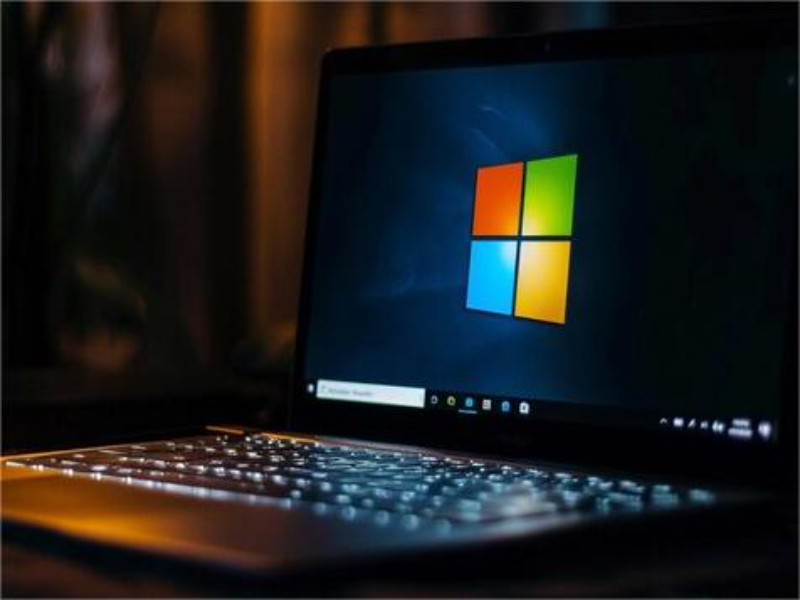- Microsoft has officially recognised OpenAI as a competitor in its recent SEC filing, citing AI and search as key areas of rivalry.
- This move comes amid regulatory scrutiny and reflects the evolving dynamics of their partnership and competition.
OUR TAKE
Microsoft has a long and tangled history with OpenAI, having invested a reported $13B in the ChatGPT maker as part of a long-term partnership. As part of the deal, Microsoft runs OpenAI’s models across its enterprise and consumer products and is OpenAI’s exclusive cloud provider. The shift in Microsoft’s stance on OpenAI from partner to competitor highlights the evolving landscape of AI and search technology.
-Lilith Chen, BTW reporter
What happened
Microsoft‘s annual 10K report now lists OpenAI among a roster of competitors in AI, including notable players like Anthropic, Amazon, and Meta. Additionally, OpenAI’s new SearchGPT feature has positioned it as a rival to Microsoft in search, placing it alongside Google.
This shift is likely influenced by ongoing antitrust scrutiny from the FTC, which is examining cloud provider investments in AI startups. Recently, Microsoft relinquished its board observer seat at OpenAI, a position acquired after a brief turmoil involving OpenAI’s board firing CEO Sam Altman last fall, which led to offers of employment from Microsoft.
Despite this competitive label, the dual roles of partner and competitor are not unusual in Silicon Valley. Historical examples, such as Yahoo and Google’s partnership followed by rivalry, demonstrate that cooperation and competition can coexist. This dynamic highlights the evolving relationships in the tech industry, where companies must navigate complex interactions to maintain a competitive edge.
Also read: Microsoft restructures Azure team, lays off hundreds
Also read: OpenAI improves AI safety through U.S. AI Safety Institute
Why it’s important
Microsoft’s recognition of OpenAI as a competitor highlights the complexity of their relationship and the competitive pressures in the AI and search markets. This shift also reflects Microsoft’s strategic pivot to diversify its AI investments beyond its partnership with OpenAI.
In March, Microsoft hired Mustafa Suleyman and Karén Simonyan, co-founders of the billion-dollar AI startup Inflection AI, to lead its new Microsoft AI division. This move is part of a broader strategy to build an AI future that extends beyond its collaboration with OpenAI, involving significant investments in initiatives like Microsoft Copilot.
By categorising OpenAI as a competitor, Microsoft signals its intent to maintain a competitive edge while navigating the evolving regulatory landscape and advancing its independent AI initiatives. This development emphasises the changing dynamics within the tech industry, where companies must adapt to remain relevant and competitive in an increasingly crowded market.

